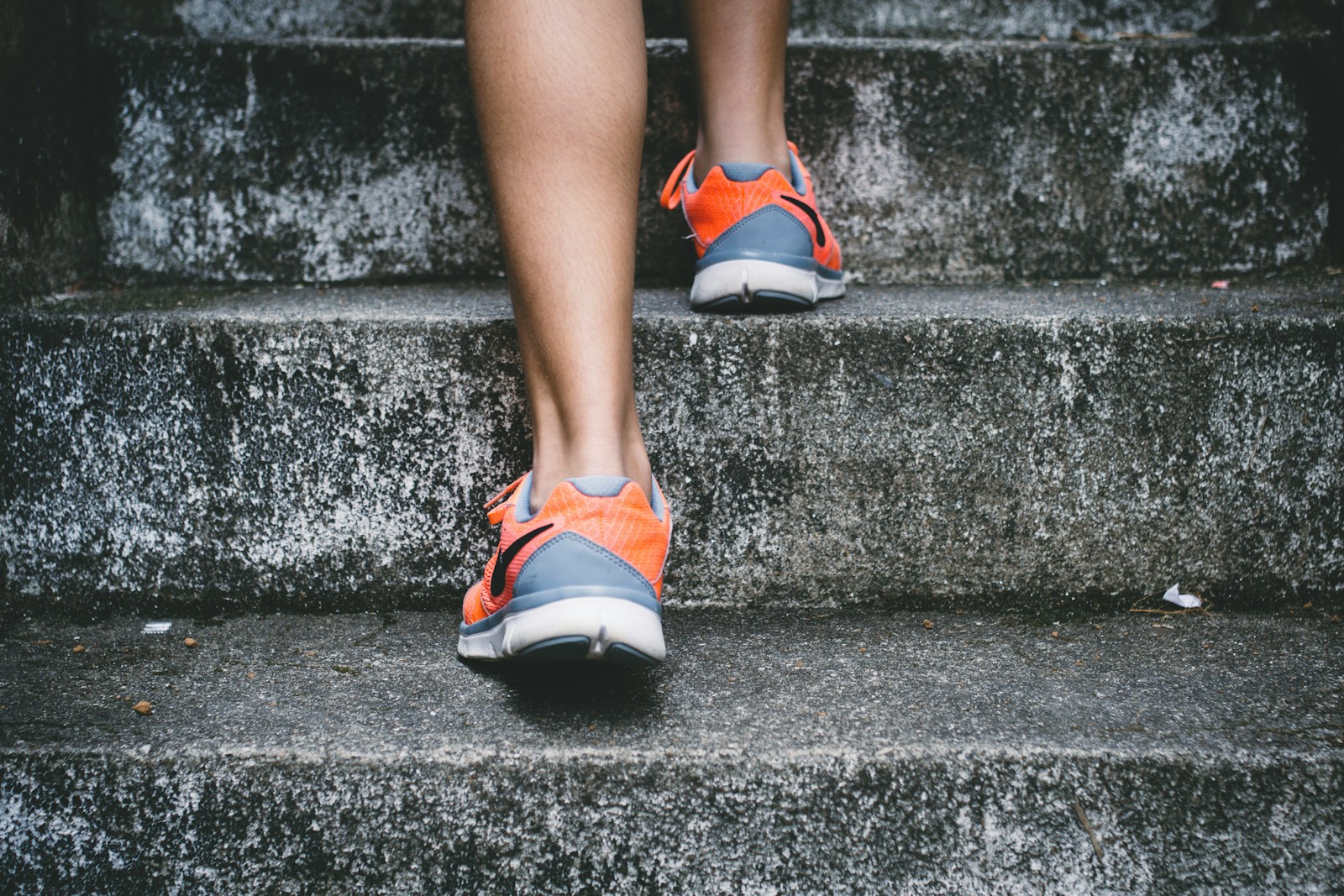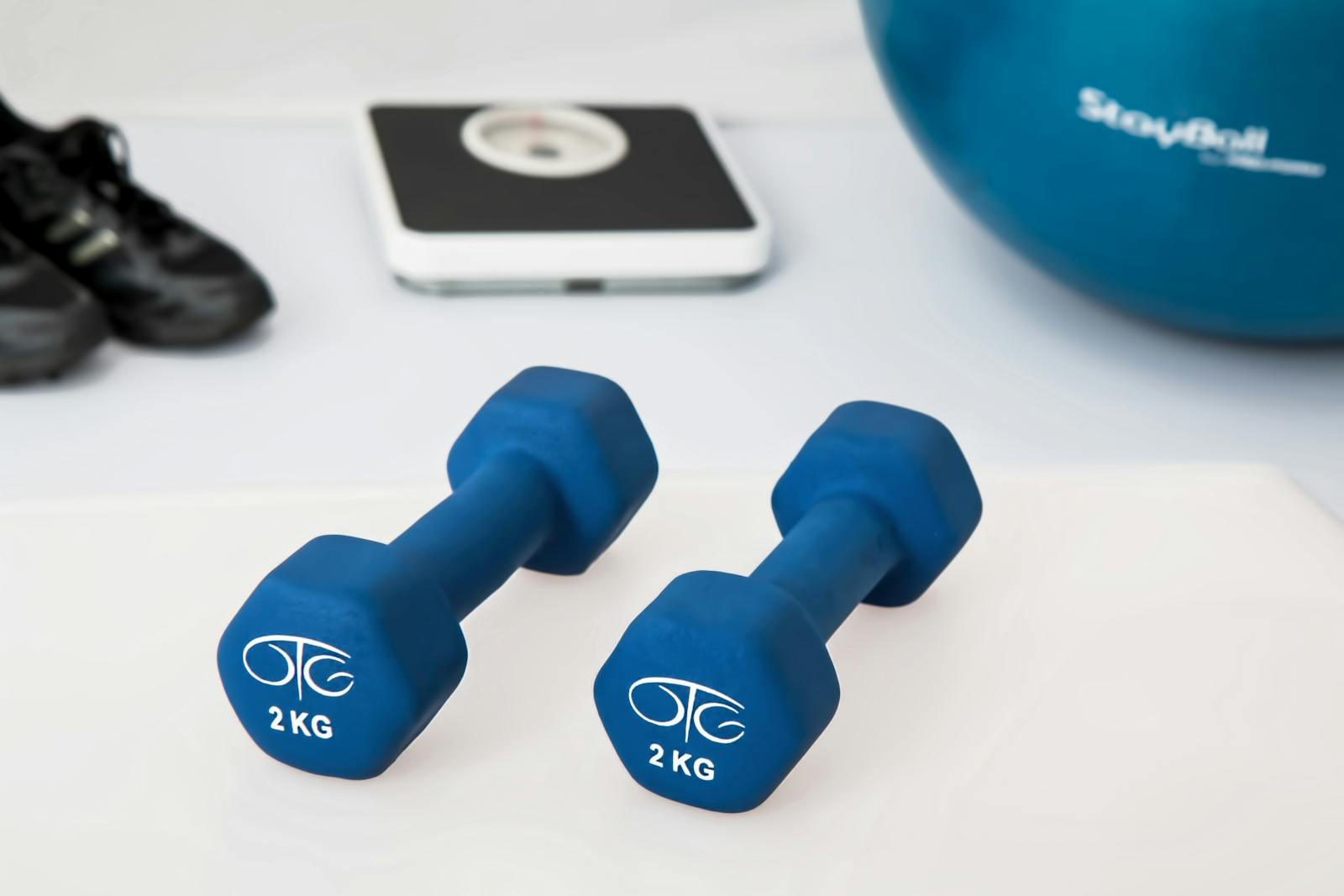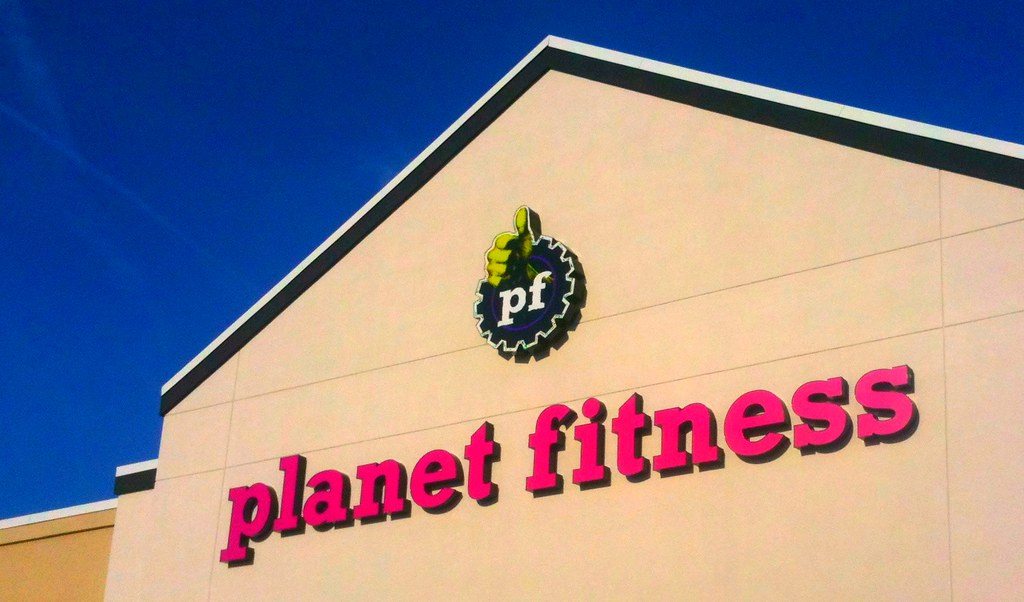Imagine Lisa, a dedicated fitness enthusiast who has recently committed to a rigorous workout regimen. After weeks of intense training, she notices that her energy levels are fluctuating, and her progress has plateaued. Seeking to optimize her results, Lisa consults a nutritionist who emphasizes the importance of pairing her workouts with the right diet—specifically, a high-protein, low-carbohydrate approach. This revelation not only revitalizes her energy but also enhances her muscle recovery and growth. This guide will explore the benefits of a high-protein, low-carb diet for fitness enthusiasts and provide practical meal suggestions to support their journey.
The Importance of Nutrition in Fitness
Nutrition plays a critical role in achieving fitness goals. The right dietary choices can help:
- Fuel Workouts: Proper nutrition provides the energy needed for effective training sessions.
- Promote Recovery: Nutrients aid in muscle repair and reduce soreness after workouts.
- Support Muscle Growth: Adequate protein intake is essential for building and maintaining muscle mass.
High-Protein, Low-Carbohydrate Diet Explained
A high-protein, low-carbohydrate diet focuses on increasing protein intake while reducing carbohydrates. This approach offers several advantages:
- Increased Satiety: Protein takes longer to digest than carbohydrates, which helps keep you feeling full longer and reduces overall calorie intake.
- Muscle Preservation: During weight loss, a high-protein diet helps maintain muscle mass while promoting fat loss.
- Thermic Effect of Food (TEF): Protein has a higher TEF compared to fats and carbohydrates, meaning that your body burns more calories digesting protein-rich foods.
Recommended Protein Intake
For individuals engaged in regular strength training or intense workouts, the recommended protein intake is approximately 1.5 to 2 grams per kilogram of body weight. For example, a person weighing 70 kg should aim for 105 to 140 grams of protein daily.
Meal Suggestions for a High-Protein, Low-Carbohydrate Diet
Breakfast Options
- Cheese and Tuna Omelette
- Ingredients: 3 eggs, 100g canned tuna, 50g cheese, spinach.
- Instructions: Whisk eggs and pour them into a heated pan. Add tuna and cheese before folding the omelette in half. Serve with sautéed spinach.
- Greek Yogurt with Nuts
- Ingredients: 200g Greek yogurt, a handful of mixed nuts.
- Instructions: Combine yogurt with nuts for a quick and nutritious breakfast.
Lunch Ideas
- Grilled Chicken Salad
- Ingredients: Grilled chicken breast (150g), mixed greens, cherry tomatoes, cucumbers, olive oil dressing.
- Instructions: Toss all ingredients together for a refreshing salad rich in protein.
- Quinoa and Black Bean Bowl
- Ingredients: 100g cooked quinoa, 100g black beans, diced bell peppers, avocado.
- Instructions: Mix all ingredients in a bowl for a nutrient-dense meal that balances protein with healthy fats.
Dinner Recipes
- Baked Salmon with Asparagus
- Ingredients: 200g salmon fillet, asparagus spears, lemon juice.
- Instructions: Bake salmon and asparagus at 180°C (350°F) for about 20 minutes. Drizzle with lemon juice before serving.
- Stir-Fried Tofu with Broccoli
- Ingredients: 200g firm tofu, broccoli florets, soy sauce, garlic.
- Instructions: Stir-fry tofu until golden brown; add broccoli and soy sauce until vegetables are tender.
Snack Options
- Protein Smoothie
- Ingredients: 1 scoop protein powder, unsweetened almond milk, spinach.
- Instructions: Blend all ingredients until smooth for a quick post-workout snack.
- Hard-Boiled Eggs
- Ingredients: Eggs (as many as desired).
- Instructions: Boil eggs for about 10 minutes; cool and peel for an easy snack rich in protein.
Tips for Success on a High-Protein Diet
- Plan Meals Ahead: Preparing meals in advance can help you stick to your dietary goals and avoid unhealthy choices.
- Stay Hydrated: Drink plenty of water throughout the day to support overall health and digestion.
- Balance Your Plate: While focusing on protein is essential, ensure you include healthy fats and fibrous vegetables to maintain nutritional balance.
- Monitor Portion Sizes: Even healthy foods can contribute to weight gain if consumed in excessive amounts; be mindful of portion sizes.

Conclusion:
A high-protein, low-carbohydrate diet can significantly enhance your fitness journey by improving energy levels, promoting muscle recovery, and aiding in fat loss while preserving lean muscle mass. Just like Lisa discovered through her nutritional adjustments, combining effective dietary strategies with consistent exercise can lead to remarkable results. By incorporating these meal suggestions into your routine and adhering to sound nutritional principles, you can optimize your performance and achieve your fitness goals efficiently. Embrace the journey toward better health—your body will thank you!







Leave a Reply